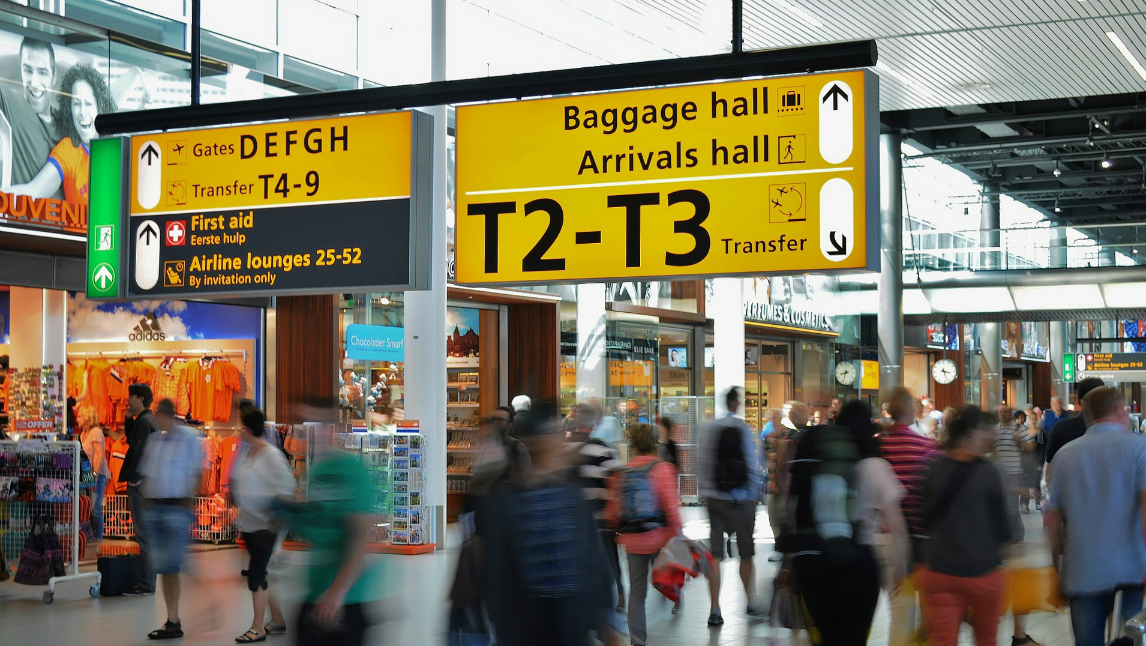
Proposed changes to immigration will see significant cost increases for companies that hire workers from outside of the EEA.
The Migration Advisory Committee (MAC) has set out ways to reduce the UK’s annual net migration figure. In 2015 net migration to the UK hit a high of 330,000, a figure that the Home Office wants to reduce to below 100,000.
Given the rules of the European Economic Area (EEA), the Government cannot force regulations upon incoming employees from the EU, Iceland, Norway or Liechtenstein. The MAC has instead proposed changes to Tier 2 of the points-based immigration system, which applies to all migrants from outside of the EEA.
The Home Office will announce its response to the proposals in mid-February. The first alterations to the law are expected as soon as April, with more complex amendments set to follow in October.
The MAC’s recommendations include:
- Increasing the pay threshold for a sponsored worker’s minimum annual salary by around £8,000.
- Increasing the pay threshold for sponsored workers assigned to a client contract to at least £41,500 (up from an average of £24,800).
- Charging employers £1,000 per non-EEA worker for every year of sponsorship as an ‘immigration skills charge’.
- Employees in Intra-Company Transfers (ICT) will need two years of overseas employment before being eligible to enter the UK.
- More detailed job descriptions will be needed for Tier 2 ICT employees, meaning more paperwork.
The impact of these regulations will be felt by any business that employs people from outside of the EEA. For companies with only a handful of non-EEA employees the financial hit will be noticeable. But for those businesses that rely on non-European talent, the costs will likely become prohibitive.
Employers may be unwilling or unable to afford both wage increases and the ‘immigration skills charge’ on such a short timescale. Furthermore, having to pay more for placement workers could lead to artificial wage raises across the business.
Whatever decision the Government decides to take, it now has an option for limiting the total number of Tier 2 applications. However, it’s a route that means for many businesses, using talent from outside of the EEA to solve a skills shortage will no longer be viable.








